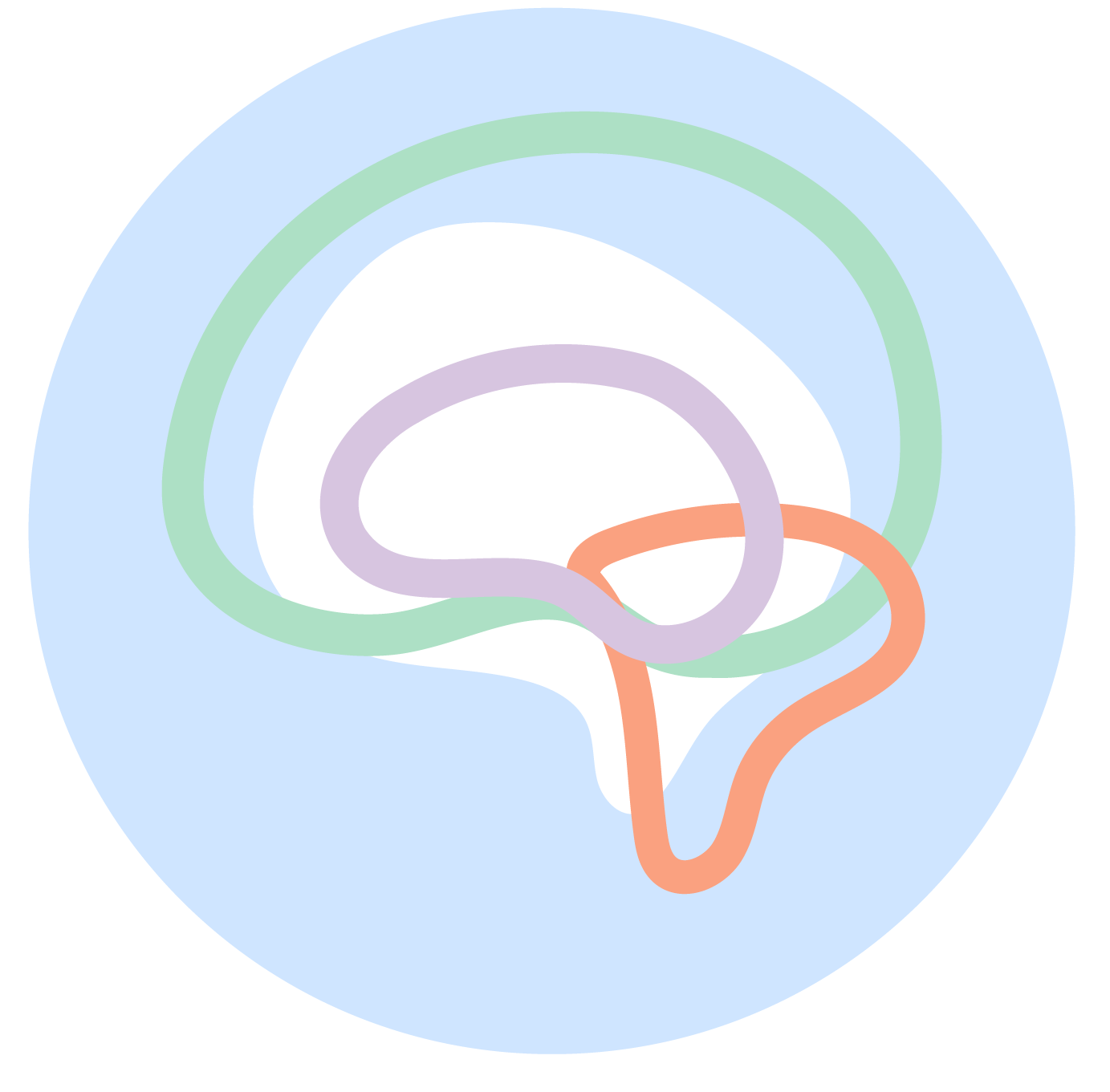Mental Wellness Awareness Month: Helping children start the year with a healthy mind
January is Mental Wellness Awareness Month. As we kick off the new year, this serves as an important reminder to make time in our busy lives and attend to our mental health and wellbeing—and there’s no better time to make this into a habit than at the beginning of a new year. Adopting a self-care routine and taking care of our mental well-being takes time and effort, and it’s never too early to start. Here, we will explore practical ways to help children begin the year with a positive and healthy mindset.
The Importance of Children's Mental Health
Children's mental health is just as important as their physical health, though often overlooked. A healthy mind is essential for emotional, psychological, and social development. It allows them to reach key developmental milestones and develop resilient coping strategies to face future obstacles. Their mental health shapes how they think, feel, and act, and determines how they handle stress and make decisions. Being mentally healthy allows them to have a positive quality of life at home, school, and in their communities.
Establishing Healthy Mental Wellness Practices in Children
It’s important to acknowledge every child’s uniqueness. They each face different obstacles in their everyday lives, have different interpretations of life events, and grow up in different social environments. That being said, a few ways to establish healthy mental wellness habits in children are listed below. However, it’s important to tailor each suggestion to every individual and seek professional help if necessary.
Encourage open communication: Establish a system of open communication and make it clear that your child can talk to you about anything. Be an active listener and give them your full attention, acknowledge their feelings, and offer support without judgment.
Incorporate self-care into their daily routine: Set aside some time every day for self-care. This may include journaling, meditation, mindful breathing, positive affirmations, or whatever works for you and your child! Establishing a set time for this demonstrates its importance to your child—it’s just as important as brushing their teeth twice a day!
Encourage physical activity and adequate sleep: It’s no surprise that exercise and sleep are important for the developing brain. Physical activity is a great way to boost one’s mood, alleviate anxiety, and encourage socialization with friends and peers. Sleep is also crucial to maintain one’s ability to socialize, learn, and manage emotions.
Be a role model: Children absorb a lot of information from their surroundings and learn a lot by observation. Showing them how you manage stress and tackle obstacles sets a positive example for your children to manage their mental health.

